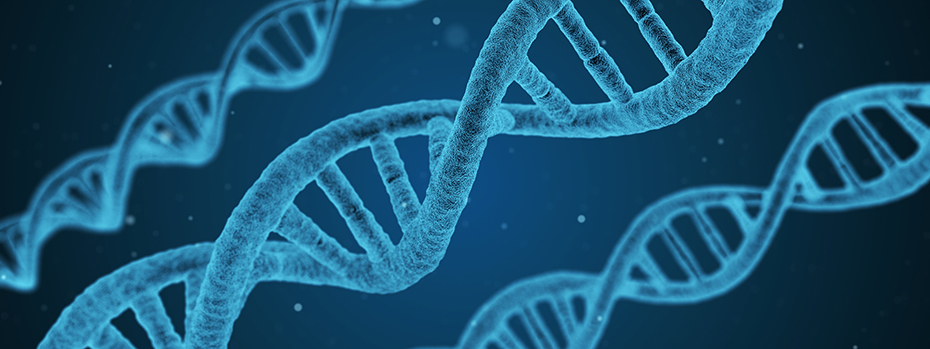Systems Biology

OHSU’s systems biology researchers examine biological systems at every scale – from molecules, cells and organs up to the whole person. With a variety of computational and experimental tools, we learn about these systems and how they change over time. Our interdisciplinary approach includes machine learning, imaging and genomics.
As a biomedical engineering Ph.D. student, you will support our research efforts into improved methods for understanding, detecting and treating cancers. Systems biology researchers at OHSU work closely with the Knight Cancer Institute, especially on projects stemming from the Beau Biden Cancer Moonshot Initiative.
Our projects include:
- Using integrative systems biology approaches to develop and optimize effective therapeutic treatment strategies for cancer. (Heiser Lab)
- Molecular simulation, statistical model fitting based on experimental data, and computational integration of visible live-cell behavior with omics measurements. (Zuckerman Lab)
- Examining the microenvironment of cells, as signals among cells and their environments shape their behavior, including how they grow and develop, or whether they halt their own processes. (Korkola Lab)
- Utilizing state-of-the-art image analysis, agent-based modeling, statistical computations and control theory to comprehensively understand the mechanisms of underlying biological systems and, in turn, control these systems. (Chang Lab)
- Visualizing molecular signaling propagation in real time by spanning space and time to connect heterogeneities in the dynamic behaviors of the individual molecules in crowded environments to specific cellular output using imaging, machine learning and biophysics. (Galbraith Lab)
- Using nanofabrication technology with complex systems approaches to tease apart the functions of overlapping and biologically inseparable networks like the cytoskeleton. (Galbraith Lab)
- Biochemical analysis of gene products (such as DNA, RNA, protein or metabolites), collectively referred to as omics. Studying these in the contexts of healthy and unhealthy tissues tells us what is different, genetically and chemically, between a normal and diseased cell. (Emili Lab)
Join our program
Your research career starts here.